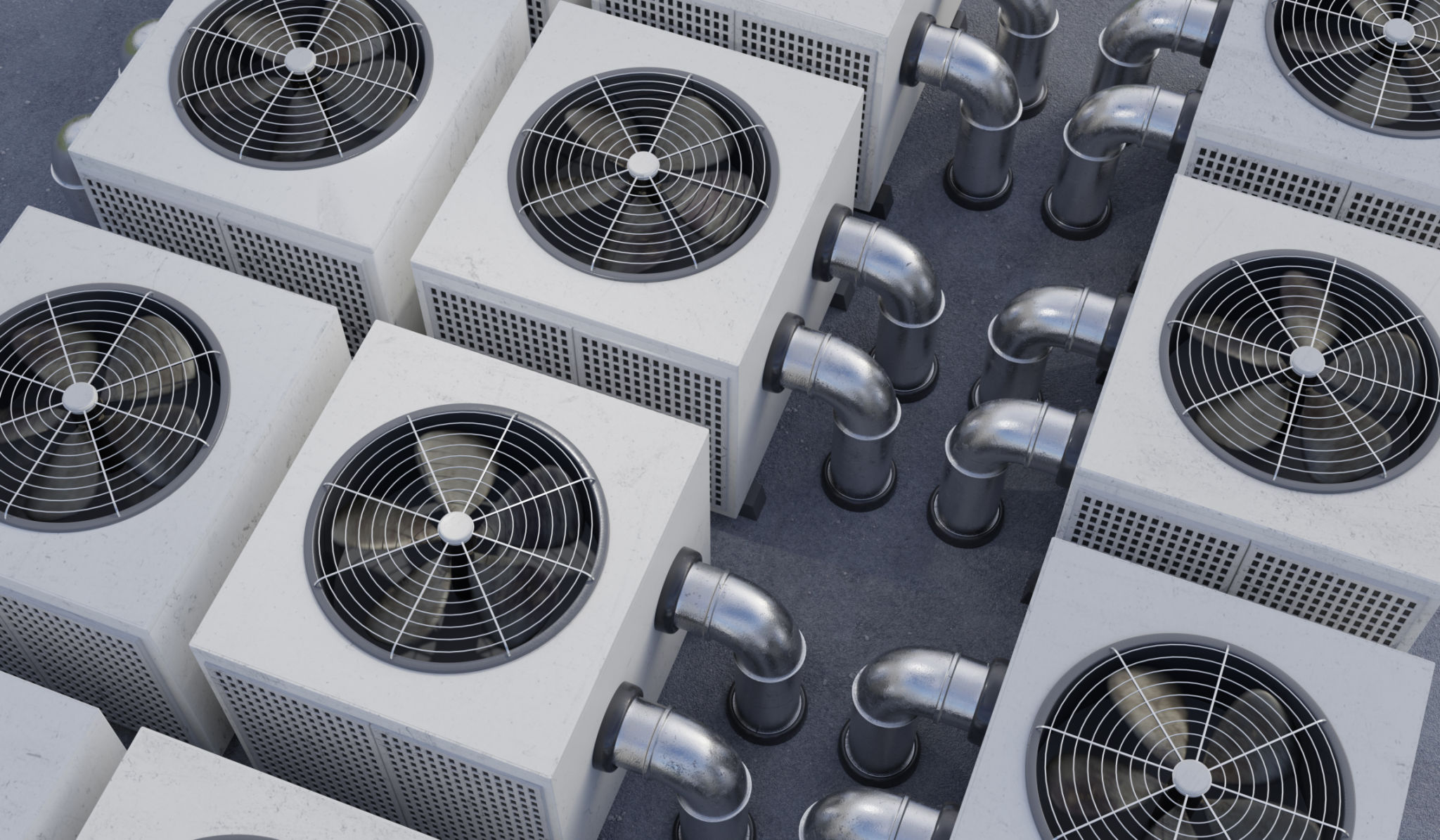Myth-Busting: Common Misconceptions About Industrial Air Compressors
Understanding Industrial Air Compressors
Industrial air compressors are essential tools in various industries, from manufacturing and construction to automotive and healthcare. Despite their widespread use, there are several misconceptions about how they work and their applications. This blog post aims to debunk some common myths surrounding industrial air compressors.

Myth 1: All Air Compressors Are the Same
One of the most prevalent myths is that all air compressors are identical. In reality, there are multiple types of air compressors, each designed for specific tasks. The three main categories are reciprocating, rotary screw, and centrifugal compressors. Each type has unique features and is suited for different applications. Understanding these differences is crucial for selecting the right compressor for your needs.
Reciprocating compressors are typically used in smaller, intermittent applications, while rotary screw compressors are ideal for continuous use in larger operations. Centrifugal compressors, on the other hand, are used in high-demand settings such as petrochemical plants. Knowing which type of compressor to use can significantly impact efficiency and cost-effectiveness.
Myth 2: Air Compressors Are Maintenance-Free
Another common misconception is that air compressors require little to no maintenance. In fact, regular maintenance is essential to ensure the longevity and efficiency of the equipment. This includes tasks such as changing filters, checking for leaks, and monitoring oil levels. Neglecting these maintenance activities can lead to decreased performance and costly repairs.

It's important to follow the manufacturer's guidelines for maintenance schedules and procedures. Regular inspections and timely servicing can prevent unexpected breakdowns and extend the life of your air compressor.
Myth 3: Air Compressors Are Only for Industrial Use
While industrial air compressors are commonly used in large-scale operations, they are also valuable in smaller settings and for personal use. Home workshops, garages, and small businesses can benefit from the versatility and power of air compressors. They can be used for tasks such as inflating tires, powering pneumatic tools, and even airbrushing.
Choosing the right size and type of compressor for your specific needs is crucial. Smaller, portable models can be highly effective for less demanding applications, providing the same benefits as their larger counterparts.

Myth 4: Air Compressors Are Inefficient
Some people believe that air compressors are inherently inefficient and consume a lot of energy. While it's true that inefficient models can lead to higher energy costs, modern air compressors are designed with energy efficiency in mind. Features such as variable speed drives and advanced control systems can significantly reduce energy consumption.
Investing in an energy-efficient air compressor can result in substantial savings over time. Additionally, regular maintenance and proper usage can further enhance the efficiency of your equipment.
Myth 5: Any Air Compressor Can Be Used for Any Task
Finally, a common myth is that any air compressor can be used for any task. This is not the case. Different applications require different specifications, such as pressure and flow rate. Using an inappropriate compressor can lead to suboptimal performance and potential damage to both the compressor and the tools or machinery it powers.
It's essential to assess your specific needs and consult with experts to determine the best air compressor for your application. This ensures that you get the most out of your investment and maintain a smooth operation.

In conclusion, understanding the facts about industrial air compressors can help you make informed decisions and avoid common pitfalls. By debunking these myths, we hope to provide clarity and assist you in selecting and maintaining the right air compressor for your needs.
